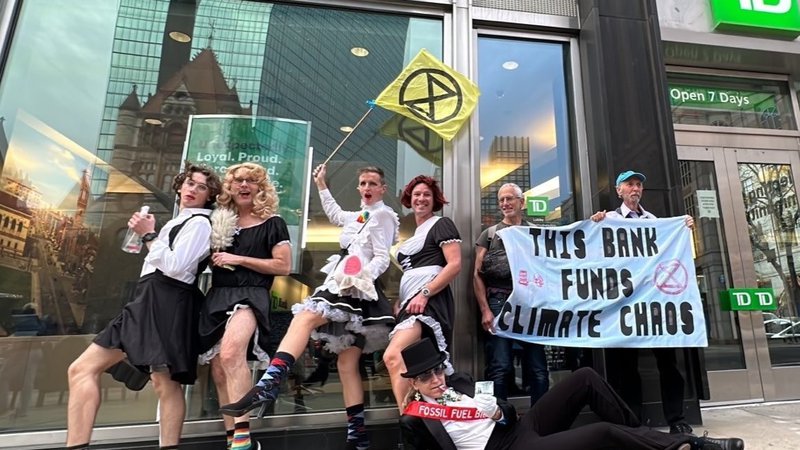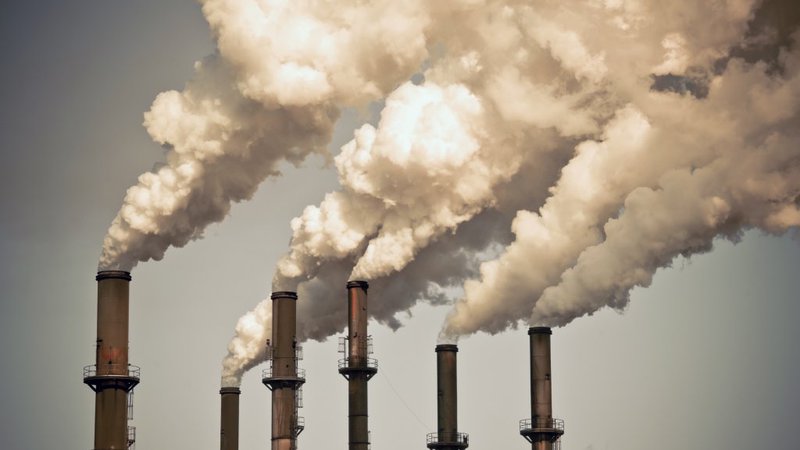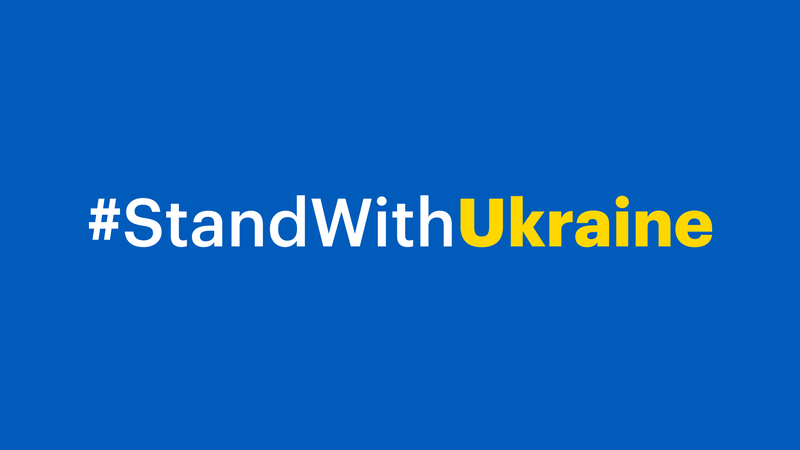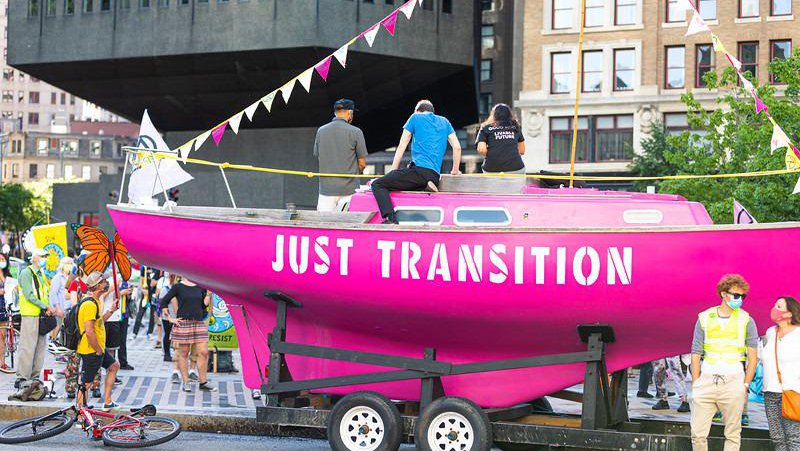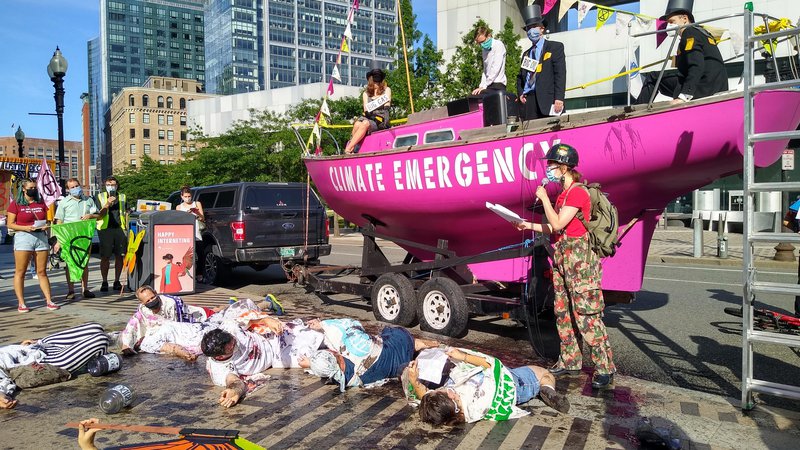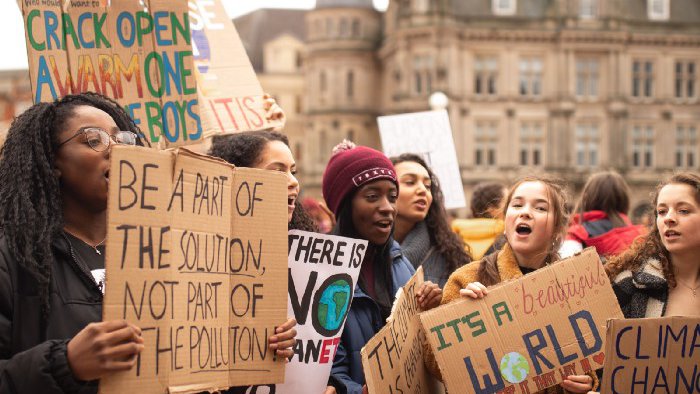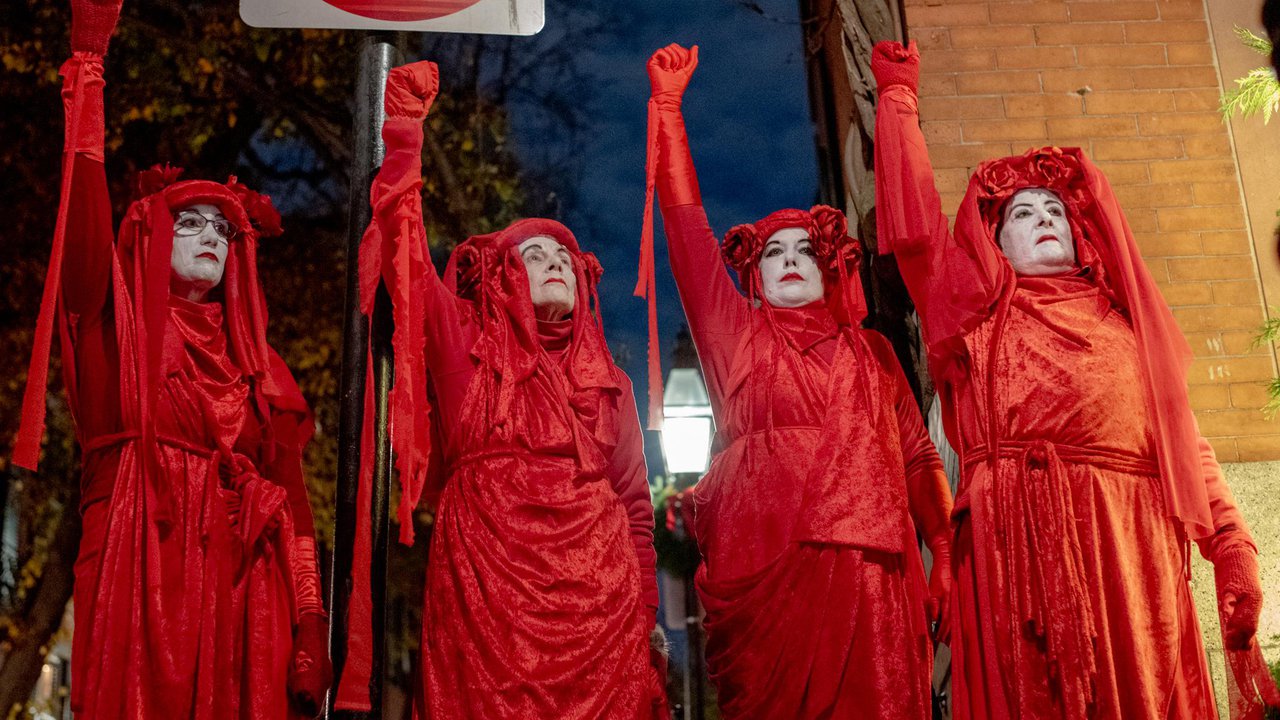
Scary News: States Could Lose the Right to Sue Big Oil for Damages
On April Fools’ Day 2024, Republican Attorneys General in 20 states filed an amicus brief asking the U.S. Supreme Court to stop ALL states from being able to sue for damages from fossil fuel greenhouse gases. This means that fossil fuel corporations would be free from legal repercussions at a state level. At first glace, it could be surprising that Republican state officials would advocate against states' rights, when many of them have build their platforms on that level of individuality. However, many of them are receiving funding directly from fossil fuel corporations.
To understand the connection between these 20 Attorney Generals, you need to know about the Republican Attorneys General Association. The Republican Attorneys General Association, known as RAGA, "is a pay to play group,” says Lisa Graves, the executive director of the watchdog group True North Research. “It was created to allow industries to wash money into RAGA, which RAGA then uses to fuel the election campaigns and ambitions of AGs.”
HEATED and the Center for Media and Democracy found that RAGA not only features all 20 state attorneys general that signed the amicus brief on its website, but it helped get many of them elected. In a predictable discovery, they also uncovered that Big Oil is a big funder for RAGA. This organization is a direct line of funding between fossil fuel corporations and the legal power of the United States, and they are making a serious move to protect their interests RIGHT NOW. As reported last week by Arielle Samuelson and Emily Atkin in the newsletter HEATED, “The state Attorney General petition is part of the organized effort by the fossil fuel industry to kill all formal efforts to hold corporations accountable for the climate crisis—both in the litigation space, and beyond.”
What are the current battlefield trials?
A recent state Supreme Court decision in Hawaii approved the first climate liability lawsuit against fossil fuel companies to go to trial. Regardless of its outcome, a trial sets legal precedent and can legitimize a movement by proving that it is worth the time of high courts. City & County of Honolulu v. Sunoco LP accuses several oil and gas companies of lying about the potential damages from fossil fuels and is seeking compensation for actual damages.
As a trial comes closer, we learned that the lawsuit is facing more and more serious obstacles. Most notably, last week a plethora of fossil fuel-funded groupsincluding the American Petroleum Institute–filed petitions asking the U.S. Supreme Court to step in and stop the trial from moving forward. Coupled with the RAGA-funded amicus brief from the Attorneys General, this is a serious attack.
City & County of Honolulu v. Sunoco LP is related to a current Massachusetts case (Commonwealth v. Exxon Mobil) that asks for Exxon to release documents that show its scientists knew about the potential global warming dangers from burning their fossil fuel products. The U.S. Supreme Court ruled that suit could go ahead in 2019. It may go to trial as early as this year, according to Richard Wiles, president of the Center for Climate Integrity, as reported in Stateline. If the Massachusetts suit wins a ruling that fossil fuel companies can be held liable for climate damages, it would prompt a “flood” of cases, Wiles said, as other attorneys general seek money for their states.
While all eyes are on the Massachusetts case, which appears on track to be the first climate trial in the state, others are close behind. Meanwhile, if the U.S. Supreme Court decides to take up the Honolulu suit, creating a national precedent, it would be a change from the past four trials where they let state court rulings prevail. However, even if the state trials are taken by the national Supreme court, they could side with the fossil fuel industry. They could block the two legal cases and prevent those companies from ever being held accountable by states. Between the Hawaii and Massachusetts cases and the Republican Attorneys Generals amicus brief, the legal system is getting a full dose of climate issues.
Why can it be helpful to take climate issues to trial?
When an issue goes to trial, especially if it escalates to the state supreme court or national supreme court, this shows that members of the legal system (judges) consider the issue legitimate enough to spend time and resources on. It also shows that attorneys think that they can win a case on behalf of climate justice. Going to trial can also dramatically expand the reach of media attention, because legal battles are entertaining to a wider audience. Plus, if the judge rules in favor of climate justice, it creates legal precedent that makes it easier for future progress in the movement. Also, according to an article from the United Nations, "A recent study found that these litigation processes are posing financial risks to the polluting carbon majors companies as their market share prices fell after lawsuits."
Taking a case to trial is time consuming and can be a challenging process, so it shouldn't be entered into lightly, but the payoff can be huge. If you want to learn more about how Extinction Rebellion and other organizations in the climate movement use the legal process to further the cause, you should attend an upcoming online orientation or NVDA training!
Related Stories:
Featured:
-
The third annual Week of Rebellion is full of opportunities for celebration and action!
-
Our government had the opportunity to finally turn our state into a "climate leader," and they decided yet again to prioritize profits and political posturing over the well-being of residents.
-
Prominent climate scientists and activists demand immediate climate action in the United States.
-
Stop the Fossil Fuel Industry, Now: List of events for Extinction Rebellion Boston's September week of rebellion
-
A compilation of books, movies, articles, and ways to take action to protect Black lives
-
Nadia Colburn, PhD and member of Extinction Rebellion Media team, discusses how to talk about the climate and ecological crisis with family and friends.
Upcoming Events:
-
Fri Feb 20th @ 6 p.m.
-
Sat Feb 21st @ 2 p.m.
-
Sun Feb 22nd @ 10:15 a.m.
